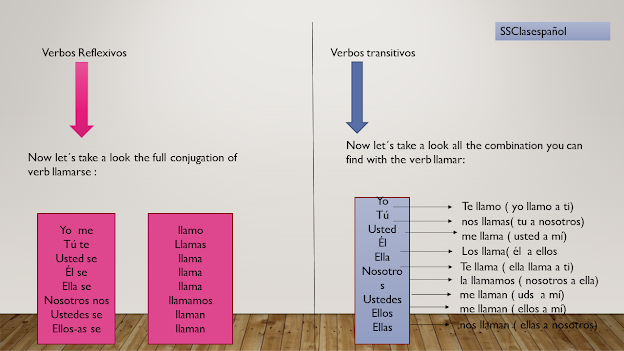This is a blog created for you, so you can complement your Spanish studies and clarify doubts and the best!.using real resources like songs, videos, news among others. Este es un blog creado para ti, para que complementes tus estudios de español y aclares dudas y ¡lo mejor!.usando recursos reales como canciones, videos, noticias entre otros.
Tuesday, July 28, 2020
Ser o Estar : Esa es la cuestión
Sunday, July 19, 2020
Combinaciones con el verbo SALIR
Tuesday, July 7, 2020
Reflexivo o directo- Me llaman calle
Manu Chao is here again to please us with another great song called "Me llaman calle".
First, let´s take a look to the lyrics.
 |
| Centro-Cartagena de Indias. Foto: SSClasespañol |
Me llaman calle, pisando baldosa
La revoltosa y tan perdida
Me llaman calle, calle de noche, calle de día
Me llaman calle, hoy tan cansada, hoy tan vacía
Como maquinita por la gran ciudadMe llaman calle, me subo a tu coche
Me llaman calle de malegría*, calle dolida
Calle cansada de tanto amar
Voy calle abajo, voy calle arriba
No me rebajo ni por la vida
Me llaman calle y ése es mi orgullo
Yo sé que un día llegará, yo sé que un día vendrá mi suerte
Un día me vendrá a buscar, a la salida un hombre bueno
Pa toa* la vida y sin pagar, mi corazón no es de alquilarMe llaman calle, me llaman calle
Calle sufrida, calle tristeza de tanto amar
Me llaman calle, calle más calleMe llaman calle la sin futuro
Me llaman calle la sin salida
Me llaman calle, calle más calle
La que mujeres de la vida
Suben pa* bajo, bajan para arriba
Como maquinita por la gran ciudad
- Luisa se levanta tarde los domingos vs mamá, ¿ Me levantas mañana a las 6 ?
- Luisa wakes up late on Sundays vs mom ¿ Can you wake me up at 6 ?
- ¿ Cómo te llamas ? (what´s your name)
- ¿ Cómo te llaman tus amigos? (how do your friends call you?)
















